Source: http://extraspecialdetective.blogspot.ca/2016/08/blog-post_31.html
Protracted.. lengthy.. and not yet over
Agents on this special case cannot remain indifferent
Let’s clarify a few burning questions...
In the Klongchan Credit Union Cooperative’s cases, who exactly is at fault?
DSI filed 2 lawsuits under Klongchan Credit Union Cooperative (KCUC), and here’s how they conflict:
1. Special Case #146/2556 charges Mr. Supachai and associates of “embezzlement”-- this means that the property belonged to KCUC, which was Mr. Supachai’s employer.
2. Special Case #63/2557 charges Mr. Supachai and associates of “fraud,” on the premise that he deceived people into depositing money with the credit union. This means that the money was derived from a wrongdoing. The depositors also have the right to request that this money be returned to them.
“The money does not belong to KCUC. DSI’s confusion and it’s filing of two conflicting lawsuits is deemed unlawful.”
Solutions
KCUC has always maintained that the money belonged to KCUC, and it was the credit union that reported Case #146/2556, which the prosecutor eventually ordered to be filed. The case was already with the courts.
The solution to the problem:
“By filing two conflicting lawsuits, DSI breached the law; so the Office of the Attorney General (OAG) removed Case #63/2557”
Consequences
A predicated offence must precede the money laundering accusations against Phrathepyanmahamuni (Most Venerable Dhammajayo) and others under Special Case #27/2559.
In the case of fraud, once the OAG ordered the removal of case #63/2557 (fraud) – the predicated offence of money laundering is no longer valid.
The accusation of conspiring to launder money under case #27/2559 is also no longer valid.
In summary, we can simply say:
It is wrong that DSI has been targeting only Wat Phra Dhammakaya in regards to the checks issued by Mr. Supachai.
In the case of embezzlement, the money and checks belonged to the credit union - the victim. Wat Phra Dhammakaya had nothing to do with it.
In the case of fraud, the aggrieved were the people (those who deposited their money with the credit union).
Wat Phra Dhammakaya did not and has not taken any of these monies, and it did not and has not been involved in fraud. The people deposited money with the credit union, not with the temple.
Given these facts, can this case be terminated?
How much longer will DSI continue with this case?
Don’t assume that people are ignorant of the law and don’t think of turning Wat Phra Dhammakaya into a scapegoat. To be continued...

